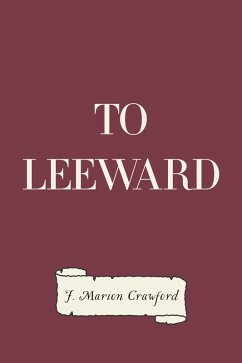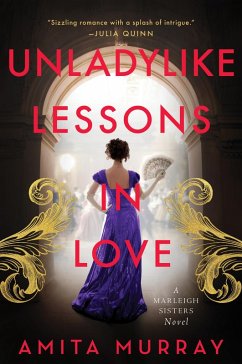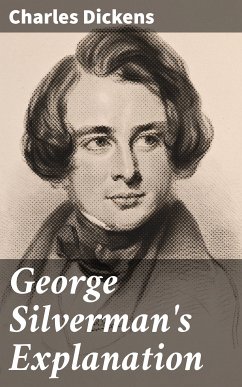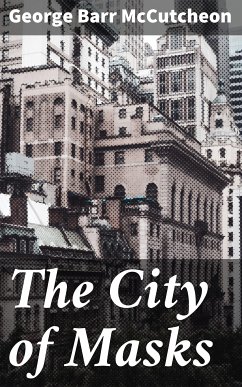
To Leeward (eBook, ePUB)
Sailing the Seas of Love and Duty: A Classic Romantic Tale

PAYBACK Punkte
0 °P sammeln!
F. Marion Crawford's "To Leeward" is a compelling exploration of the intricacies of human relationships set against the backdrop of the Italian Riviera. This novel masterfully interweaves themes of love, jealousy, and the quest for personal identity, employing a lyrical prose style that mirrors the romantic yet tumultuous nature of its coastal setting. With richly developed characters and vivid descriptions, Crawford captures the nuances of social class, cultural expectation, and the complexities of emotional entanglement, situating the work within the late Victorian and early Edwardian litera...
F. Marion Crawford's "To Leeward" is a compelling exploration of the intricacies of human relationships set against the backdrop of the Italian Riviera. This novel masterfully interweaves themes of love, jealousy, and the quest for personal identity, employing a lyrical prose style that mirrors the romantic yet tumultuous nature of its coastal setting. With richly developed characters and vivid descriptions, Crawford captures the nuances of social class, cultural expectation, and the complexities of emotional entanglement, situating the work within the late Victorian and early Edwardian literary context that often grappled with issues of morality and societal constraints. F. Marion Crawford was a notable American author and playwright, well-known for his deep affinity for Italy and its culture, having spent significant time there. His personal experiences, including his nuanced understanding of European society and his admiration for its art and history, inform his narrative style and thematic choices in "To Leeward." Such background provides a valuable lens through which the novel's poignant reflections on longing and disillusionment can be appreciated, revealing Crawford's keen insight into the human condition. This novel is highly recommended for readers who appreciate richly textured narratives that delve into the interplay of personal desires and societal conventions. "To Leeward" stands as a testament to Crawford's literary prowess, making it essential reading for anyone interested in the evolution of modern fiction and the exploration of complex emotional landscapes.
Dieser Download kann aus rechtlichen Gründen nur mit Rechnungsadresse in A, B, BG, CY, CZ, D, DK, EW, E, FIN, F, GR, H, IRL, I, LT, L, LR, M, NL, PL, P, R, S, SLO, SK ausgeliefert werden.












